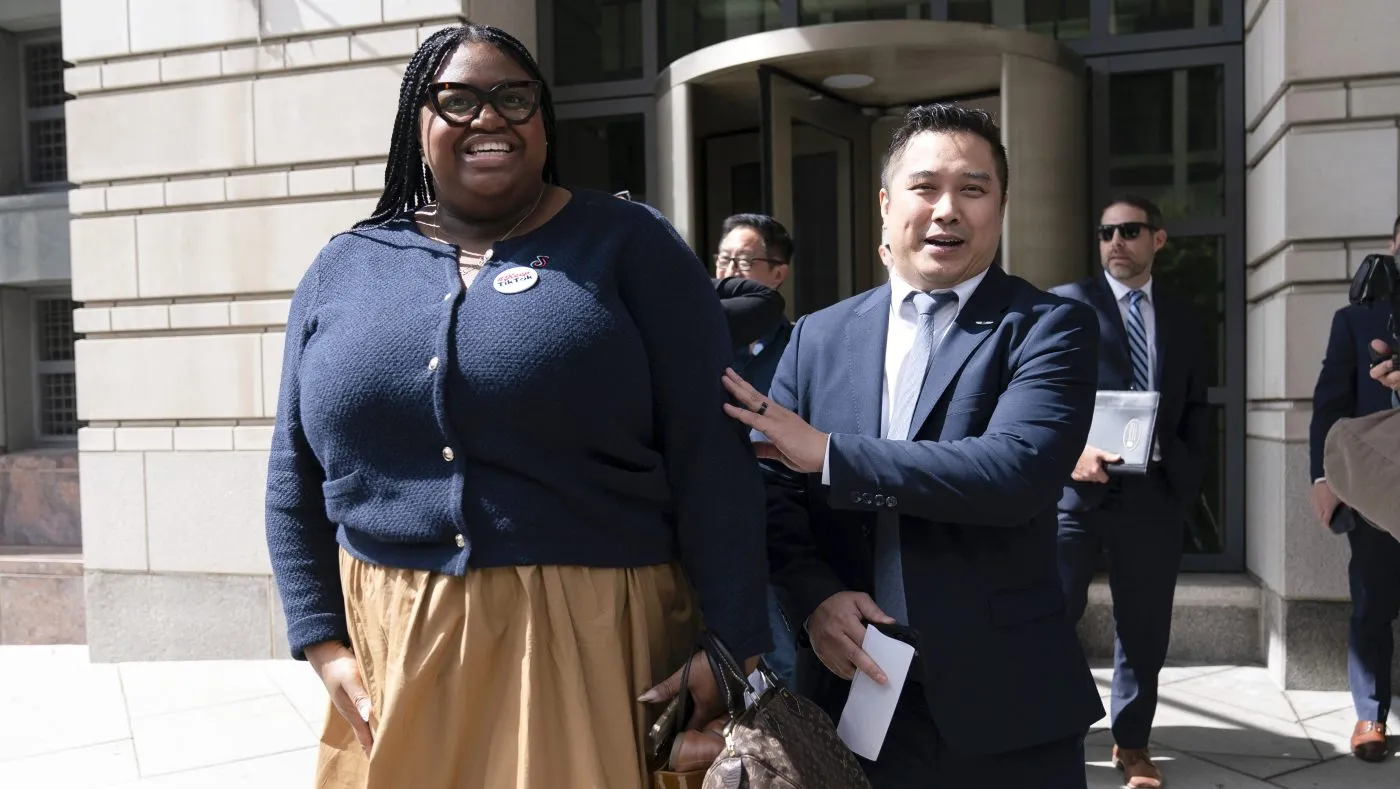TikTok Faces Off Against U.S. Government in Court Over Ban Law

TikTok vs. U.S. Government: A Legal Battle
TikTok faced off with the U.S. government in federal court on Monday, arguing a law that could ban the platform in a few short months is unconstitutional while the Justice Department said it is needed to eliminate a national security risk posed by the popular social media company. In a more than two hour appearance before a panel of three judges at a federal appeals court in Washington, attorneys for the two sides — and content creators — were pressed on their best arguments for and against the law that forces the two companies to break ties by mid-January or lose one of their biggest markets in the world.
The Arguments Presented
Andrew Pincus, a veteran attorney representing the two companies, argued in court that the law unfairly targets the company and runs afoul of the First Amendment because TikTok Inc. — the U.S. arm of TikTok — is an American entity. After his remarks, another attorney representing content creators who are also challenging the law argued it violates the rights of U.S. speakers and is akin to prohibiting Americans from publishing on foreign-owned media outlets, such as Politico, Al Jazeera or Spotify.
“The law before this court is unprecedented and its effect would be staggering,” Pincus said, adding the act would impose speech limitations based on future risks.
National Security Concerns
The measure, signed by President Joe Biden in April, was the culmination of a years-long saga in Washington over the short-form video-sharing app, which the government sees as a national security threat due to its connections to China. The U.S. has said it's concerned about TikTok collecting vast swaths of user data, including sensitive information on viewing habits, that could fall into the hands of the Chinese government through coercion. Officials have also warned the proprietary algorithm that fuels what users see on the app is vulnerable to manipulation by Chinese authorities, who can use it to shape content on the platform in a way that’s difficult to detect.
- Data sensitivity: Concerns over user information falling into foreign hands.
- Influence on content: Worries about manipulation of viewing experiences.
The Future of TikTok
Pincus argued Congress should have erred on the side of transparency regarding possible propaganda rather than pursuing a divestiture or ban. He highlighted that content creators have experienced considerable success on the platform, with some attributing their business survival to it.
Despite TikTok claiming it does not share U.S. user data with the Chinese government, legal challenges continue as the Justice Department argues compliance with a proposed monitoring agreement was not feasible due to the platform's complexity.
This article was prepared using information from open sources in accordance with the principles of Ethical Policy. The editorial team is not responsible for absolute accuracy, as it relies on data from the sources referenced.